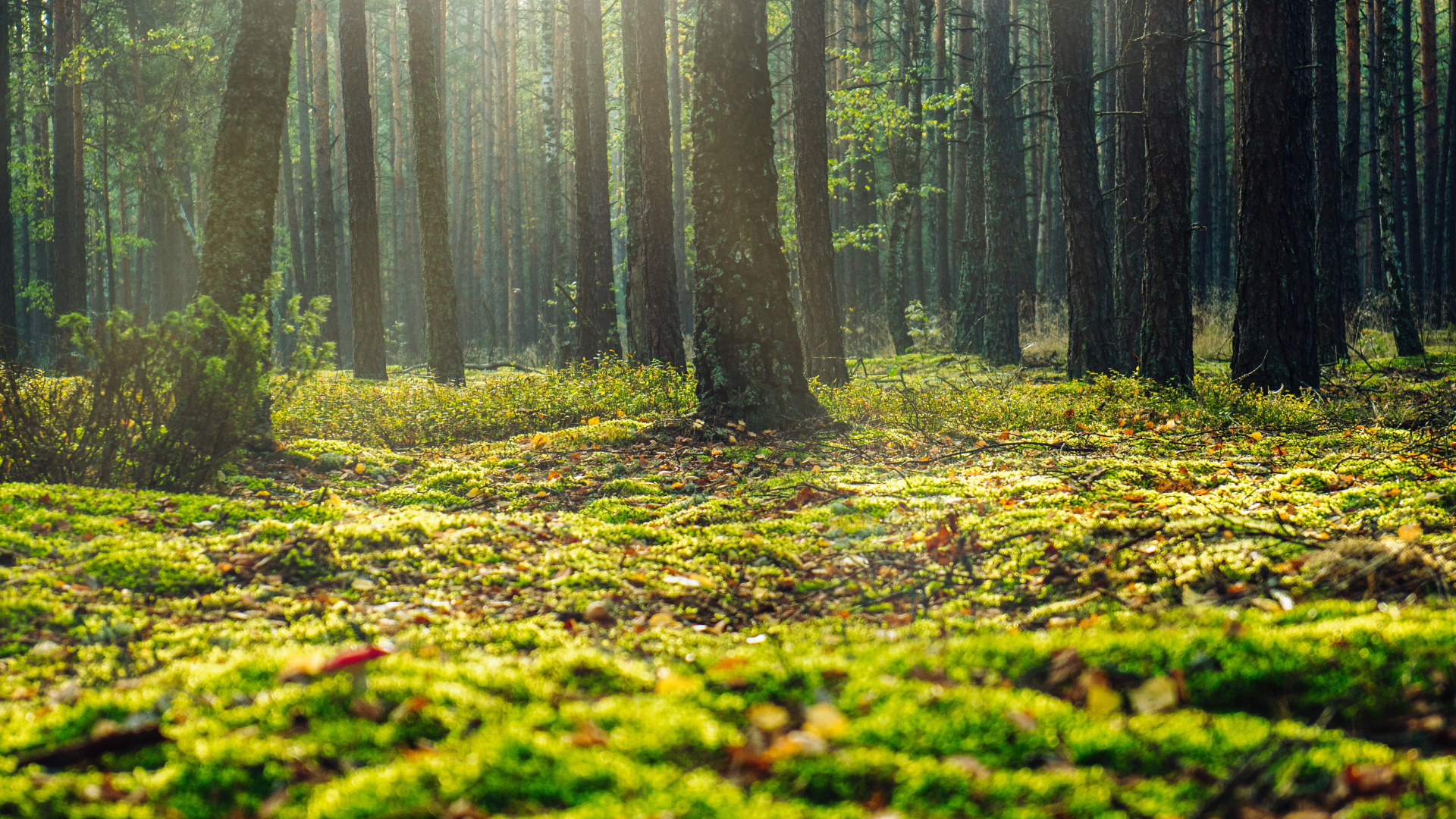In humans, for example, it is being investigated whether the microbiome can be transplanted from one person to another, as a kind of organ transplant. We do this by means of a faeces transplant, in which you will receive someone else's poop in the hope that these microbes will live in your intestines and thus strengthen your intestinal flora.
Tiny allies
But not only us humans benefit from good, strong microbes. Plants also have important relationships with microbes that for instance live in the soil. These microbes help the plants to get water and nutrients and can protect the plant against disease. This means that the microbes that live in the soil influence how well plants can survive.
Natural superheroes?
Due to climate change, plant populations have to adapt in order to survive more extreme temperatures or droughts. Since microbes play such an important role in plant survival, researchers at the University of Wisconsin have investigated whether these microbes can also help protect against climate change.
Growing strong together
To study this, the researchers planted seedlings with microbes they got from soils in more extreme environments such as environments with high or low temperatures or droughts. They then tested the plants on how well they could survive. Their research showed that in extreme dryness, heat or cold, completely different microbes were present around the plant root in greater quantities. The plants that were host to these microbial communities were also more resistant to these conditions. This shows that the cooperation between specific microbes and plants can increase plant survival in climate change.
We can use this knowledge to better predict how forests and jungles will respond to current climate change. In addition, we can also try to help these green oases, and thus the ecosystems in them, to better adapt to climate change.

